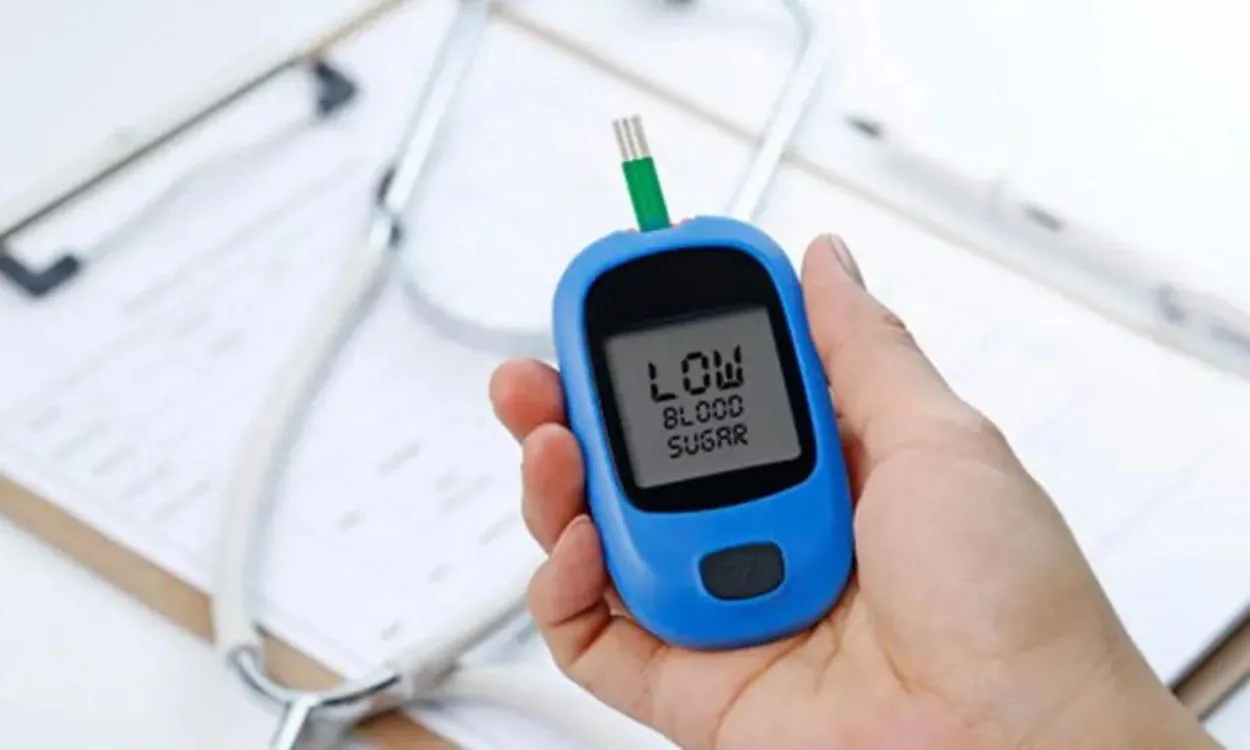How to Prevent Hypoglycemia (Low Blood Sugar) Episodes: A Comprehensive Guide for the Indian Population
Hypoglycemia, commonly known as low blood sugar, can be a concerning and potentially dangerous condition, especially for individuals managing diabetes or other health conditions. In this detailed guide, we will explore the causes, symptoms, and most importantly, preventive measures to avoid hypoglycemia episodes. It’s essential to understand how to maintain stable blood sugar levels to ensure overall well-being and prevent the complications associated with hypoglycemia.
Understanding Hypoglycemia
Hypoglycemia occurs when the blood sugar levels drop below the normal range, typically below 70 mg/dL (3.9 mmol/L). This condition can be caused by various factors, including:
Causes of Hypoglycemia
- Insufficient Food Intake: Skipping meals or not consuming enough carbohydrates can lead to low blood sugar levels.
- Excessive Physical Activity: Intense or prolonged exercise without adequate carbohydrate intake can deplete glucose stores in the body.
- Medication: Certain diabetes medications, such as insulin or sulfonylureas, can cause a rapid decrease in blood sugar levels if not properly managed.
- Alcohol Consumption: Drinking alcohol, especially on an empty stomach, can interfere with the body’s ability to maintain stable blood sugar levels.
- Medical Conditions: Conditions such as adrenal or pituitary gland disorders can disrupt the body’s hormone balance, leading to hypoglycemia.
Symptoms of Hypoglycemia
Recognizing the early signs of hypoglycemia is crucial for prompt intervention. Common symptoms include:
- Shakiness or trembling
- Sweating
- Palpitations
- Dizziness or lightheadedness
- Confusion or difficulty concentrating
- Irritability or mood changes
- Weakness or fatigue
- Blurred vision
- Headache
Preventing Hypoglycemia
Preventing hypoglycemia episodes requires a proactive approach to managing blood sugar levels. Here are some effective strategies tailored for the Indian population:
Balanced Nutrition
- Regular Meal Schedule: Consuming meals and snacks at consistent times throughout the day helps maintain steady blood sugar levels.
- Carbohydrate Management: Including complex carbohydrates such as whole grains, legumes, and vegetables in meals provides a sustained release of glucose into the bloodstream.
- Healthy Fats and Proteins: Incorporating sources of healthy fats and lean proteins in meals can help slow down the absorption of carbohydrates, preventing rapid spikes and crashes in blood sugar.
Physical Activity
- Moderate Exercise: Engaging in regular, moderate-intensity physical activity, such as brisk walking or yoga, can improve insulin sensitivity and contribute to overall blood sugar management.
- Post-Meal Movement: Taking a short walk after meals can aid in regulating blood sugar levels and reducing the risk of sudden drops.
Medication Management
- Adherence to Prescription: It is essential to adhere to the prescribed medication regimen, including insulin or oral hypoglycemic agents, as per the healthcare provider’s instructions.
- Regular Monitoring: Monitoring blood sugar levels as advised by healthcare professionals allows for timely adjustments in medication dosages to prevent hypoglycemia.
Lifestyle Factors
- Alcohol Awareness: Limiting alcohol consumption and avoiding excessive drinking on an empty stomach can mitigate the risk of hypoglycemia.
- Stress Management: Practicing stress-reducing techniques such as meditation, deep breathing exercises, and mindfulness can help regulate cortisol levels, which influence blood sugar.
Emergency Preparedness
- Carry Glucose Sources: Individuals at risk of hypoglycemia should always carry fast-acting glucose sources such as glucose tablets, fruit juice, or glucose gel for immediate treatment if symptoms occur.
Introducing Fitpaa: Your Personalized Health & Fitness Solution
While proactive lifestyle measures are crucial for preventing hypoglycemia, advanced technologies and personalized support can further enhance overall health and well-being. Fitpaa, a leading AI-driven metabolism monitoring and management technology, is dedicated to helping individuals achieve their health and fitness goals with guaranteed results.
Fitpaa’s Role in Blood Sugar Management
- Metabolism Assessment: Fitpaa’s comprehensive metabolism assessment identifies the root causes of health conditions, including factors related to blood sugar regulation.
- Personalized Fitpaa Capsule: Through expert consultations and advanced technology, Fitpaa creates personalized health and fitness plans, including diet, exercise, and behavior therapy, to optimize metabolism and support stable blood sugar levels.
- Real-time Guidance: Fitpaa’s real-time guidance technology integrates cognitive behavioral therapy concepts to inspire and support individuals in adhering to their personalized health plans, promoting consistent blood sugar management.
Commit to Your Well-Being with Fitpaa
By embracing the Fitpaa app, individuals can access a dedicated team of fitness planners, nutritionists, and healthcare professionals who work collaboratively to create and support personalized health and fitness plans. Fitpaa’s commitment to achieving guaranteed results aligns with the mission of preventing health complications, such as hypoglycemia, and fostering overall well-being.
In conclusion, preventing hypoglycemia requires a multifaceted approach that encompasses nutrition, physical activity, medication management, and lifestyle adjustments. With the incorporation of advanced technologies and personalized support from Fitpaa, individuals can elevate their proactive efforts to achieve optimal blood sugar management and overall health.
If you are ready to embark on a journey towards comprehensive health and fitness, download the Fitpaa app today and experience the transformative impact of personalized, AI-driven wellness solutions.
Commit to your well-being with Fitpaa – where your health and fitness goals become a reality with guaranteed results.
Download Fitpaa Now and take the first step towards a healthier, more vibrant life.









